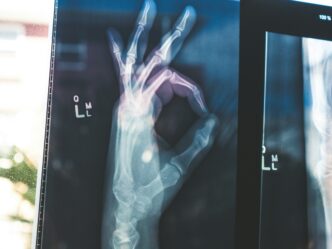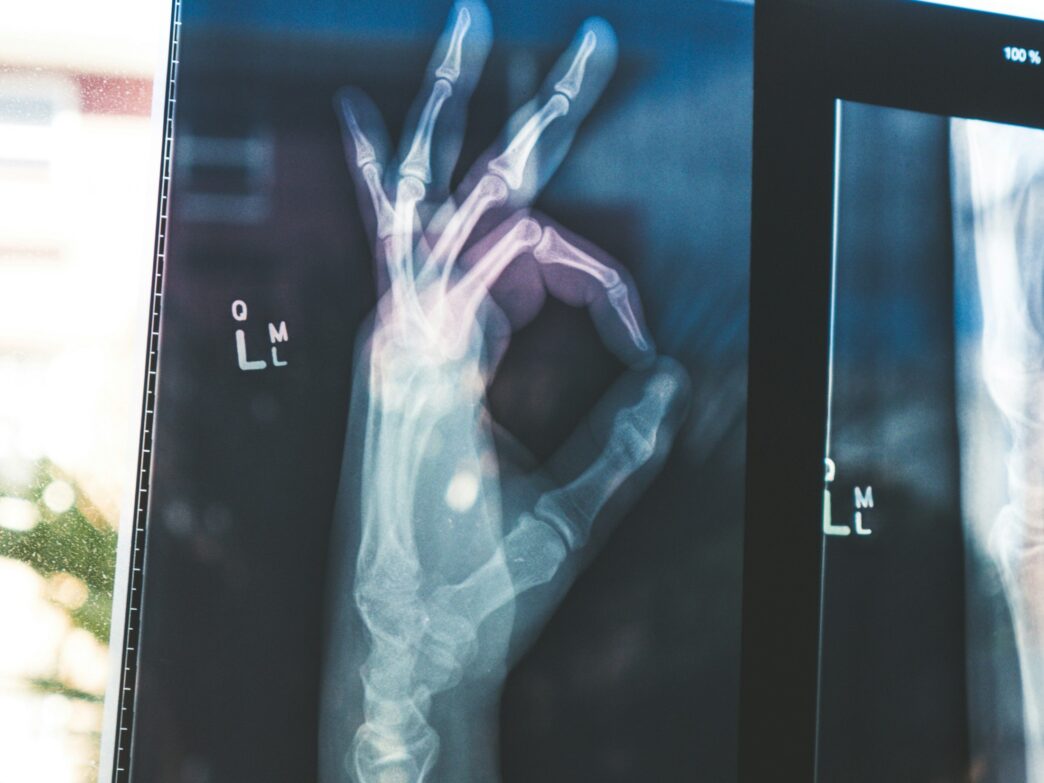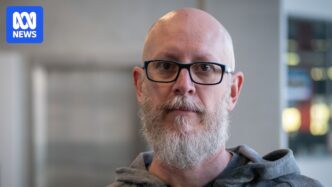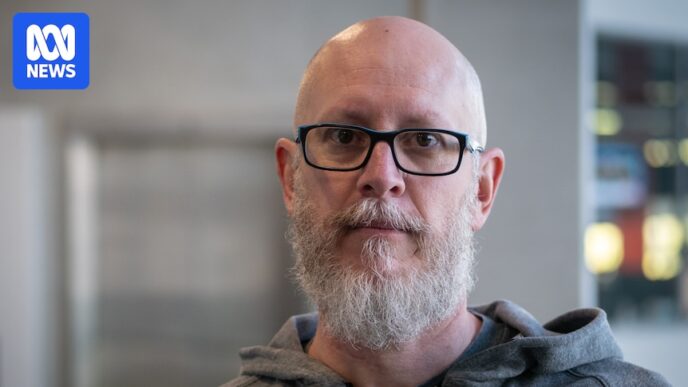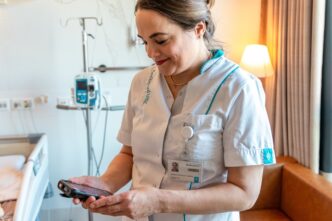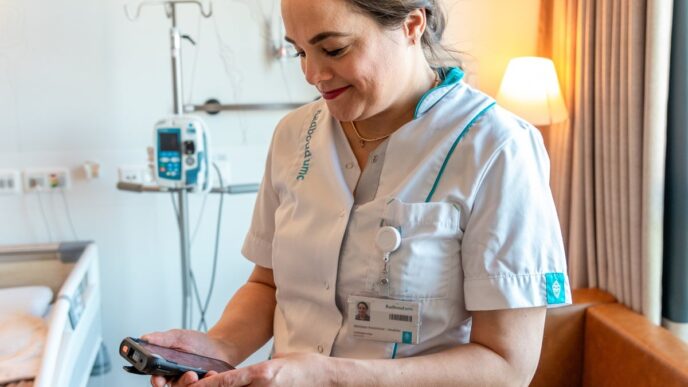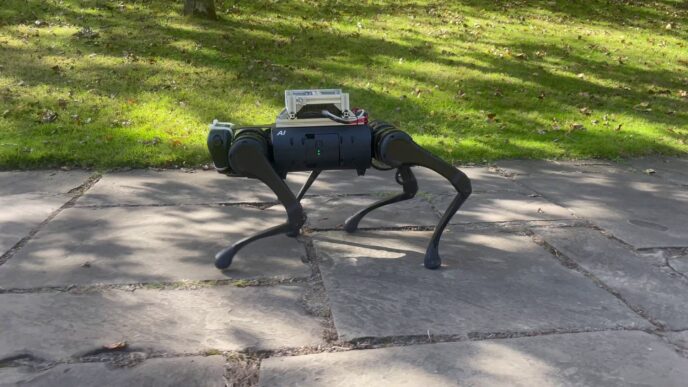Google just launched open-source AI models for healthcare developers with MedGemma 27B Multimodal and MedSigLIP. These aren’t locked behind costly APIs. Hospitals, researchers, and devs can download, run, and customize them freely.
MedGemma 27B is no ordinary medical AI. It analyzes text and medical images together—X-rays, pathology slides, patient records—like a doctor would. On MedQA, a standard medical knowledge test, it scored 87.7%. That’s close to heavyweight commercial models but runs at a tenth of the cost. Perfect for cash-strapped healthcare systems.
The smaller MedGemma 4B model scored 64.4%, the best in its range. US board-certified radiologists found 81% of its chest X-ray reports accurate enough for patient care.
MedSigLIP is even lighter—400 million parameters—but trained specially on medical images like X-rays, tissue, skin, and eye scans. It links images and text for spotting medically relevant patterns, not just visual similarities.
Healthcare pros are already testing these. Massachusetts’ DeepHealth uses MedSigLIP to catch potential chest X-ray issues missed by radiologists. Taiwan’s Chang Gung Memorial Hospital found MedGemma answers questions on traditional Chinese medical texts very accurately. India’s Tap Health says MedGemma understands clinical context better than general AI, avoiding hallucinated medical facts.
Google’s open-source move isn’t just generosity. It lets hospitals control patient data, ensures stable model behavior, and allows fine-tuning for specific medical tasks. Running on single GPUs, smaller versions can even work on mobile—opening AI use in places without big compute power.
Google stresses these models don’t replace doctors and need human oversight and validation. But by making advanced AI accessible and customizable, Google lowers the barrier for small hospitals, researchers in developing countries, and medical education.
The outputs need checking, the recommendations need verifying, and the decisions still rest with qualified medical professionals.
Photo by Owen Beard
Want to dig deeper? Check out the AI & Big Data Expo running in Amsterdam, California, and London.
